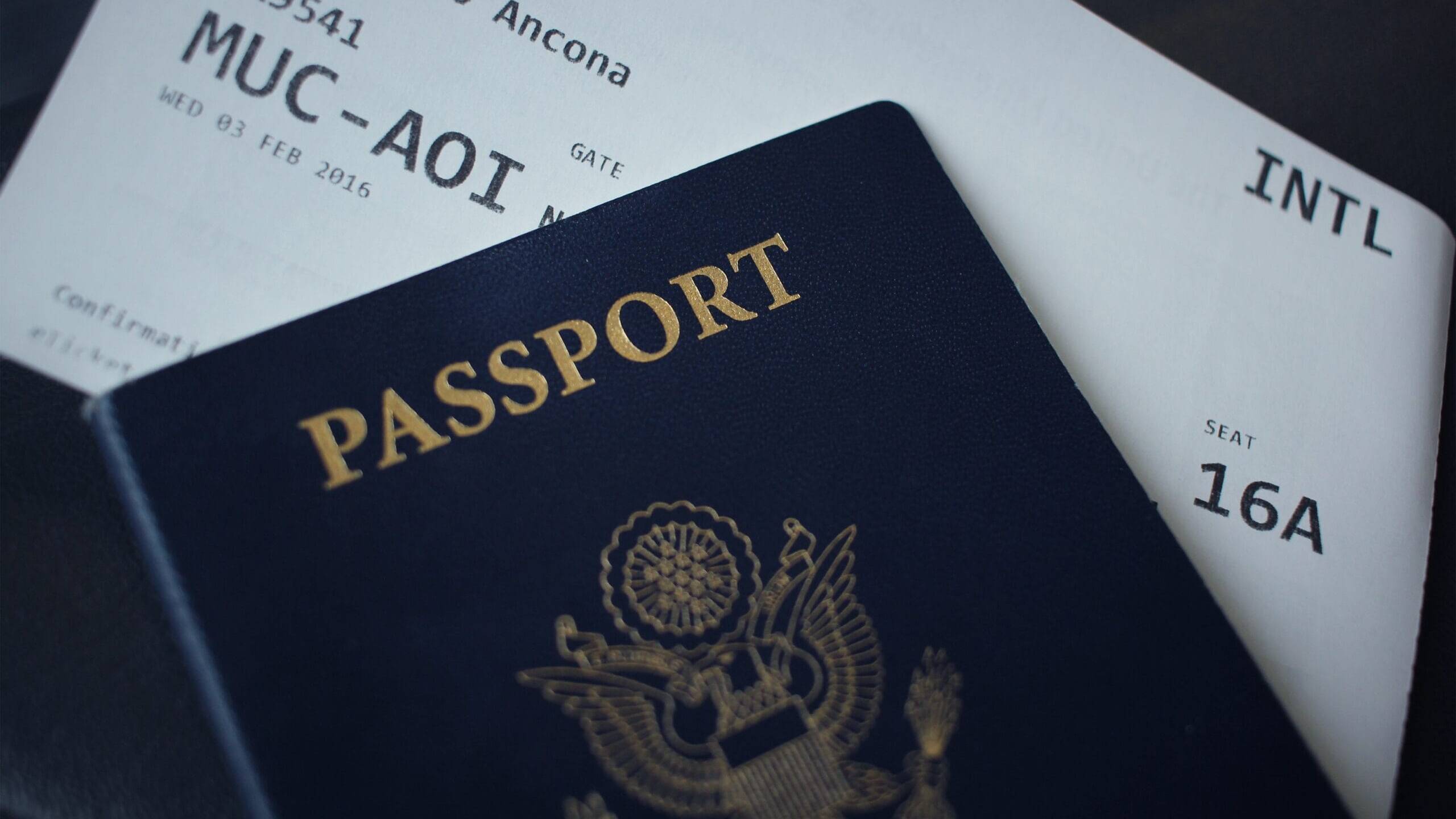
Did you know that the definition of who is considered to be a ‘parent’ is constantly evolving under Australian law? Although, ordinarily, the definition of ‘parent’ would be considered reasonably straightforward; from a legal perspective, it can become more complicated.
What is the definition and why is it so important?
It is important to know who is legally considered the parent of your child, as this determines who has parental responsibility and who can make major long-term decisions for the child. In addition, it is important to be aware of your child’s parentage as uncertainty can cause both short and long-term issues. For instance, if you are unsure about your child’s paternity, this may cause issues when applying for child support payments from the mother or father.
Under the Family Law Act 1975 (Cth) (the Act), there is no strict definition of who is deemed to be a parent. However, the Act does outline specific categories in which a presumption of parentage arises. For example, if a married woman gives birth to a child, the husband is presumed to be the father. Other presumptions include:
- If the child is born from a woman who is living with a man between 44 weeks and 20 weeks before the birth of the child, the man she is living with is presumed to be the father;
- Any person listed as a parent on the birth certificate for the child is presumed to be the parent;
- Any person the court has determined as a parent of the child is presumed to be the parent;
- If the father has signed a document acknowledging he is the father and it is not annulled or set aside, he is presumed to be the father; and
- A woman who has a child via artificial conception and is married or in a de facto relationship at the time of conception, the mother and her spouse/partner are presumed to be the parents. The sperm donor is not considered the parent.
Although the Act sets out the above presumptions, it is important to note that such presumptions can be rebutted. In circumstances where there is doubt as to who a child’s parent is, the father would need to produce evidence to substantiate their belief either way. For instance, if they do not believe that they are the child’s father, they would need to provide evidence to establish that it is not likely that he is the father of the child and prove he does not fall within any of the above circumstances giving rise to the presumptions of parentage.
What about a DNA test?
In some circumstances, a Court may order a parentage test, commonly referred to as a DNA test. However, the courts are often reluctant to do so and will only do so if there is a real issue as to a child’s paternity. If the Court makes an Order for this to occur and the father refuses to submit to the test, it may be inferred that he is the child’s father. This presumption can be rebutted if the objection is based on religious reasons or the participant is a minor and their parent has not provided their consent.
Is a Sperm Donor a parent?
It is commonly believed that a sperm donor has no parental responsibility for a child, but this is not necessarily the case. In 2019, the High Court of Australia made a landmark decision in Masson v Parsons & Ors [2019] HCA 21 when it held that a sperm donor was considered to be a parent. It is important to note that, in that case, the mother was not in a de facto relationship at the time of conception and the father was involved in the children’s lives.
The Court’s Determination
Ordinarily, a Court will determine whether someone is a parent by reference to the ordinary meaning of the term and to the individual circumstances of each case.
A parent seeking legal recognition needs to provide evidence to show that they are performing the role of a parent in the child’s life. That parent must be able to show that they care for the child financially and/or emotionally, that they want to take on the responsibilities related to being a child’s parent and that they have an intention to be involved (and remain involved) in the child’s life.
In circumstances where a prospective parent cannot prove they are a parent of the child, they will not be deemed to have parental responsibility for that child. In those circumstances, they may still be able to apply to the Court seeking an Order for parental responsibility, however, this can only be sought from the Court in exceptional circumstances where that person is concerned with the care, welfare and development of the child.
We understand the complexities that can arise in relation to parentage. If you have any questions, or if you would like assistance in relation to issues of parentage, please contact the Family Law team at Antunes Lawyers for more information.
Related Articles
What are “the best interests of the child”?
In a family law setting, all parenting decisions must be made in accordance with what is deemed to be in the child’s best…
Can I travel overseas with my children?
If you are considering travelling overseas with children involved in a separation, you will need to get written consent from…
Cryptocurrency in Family Law Property Settlements
When parties separate in Australia, the Family Law Act requires a fair division of joint assets. Cryptocurrency is a digital…
The articles on this website comprise legal general information and not legal advice. The general information presented here must not be relied upon without legal advice being sought. In the event that you wish to obtain legal advice on the contents of this general information you may do so by contacting our office or your existing solicitor.




